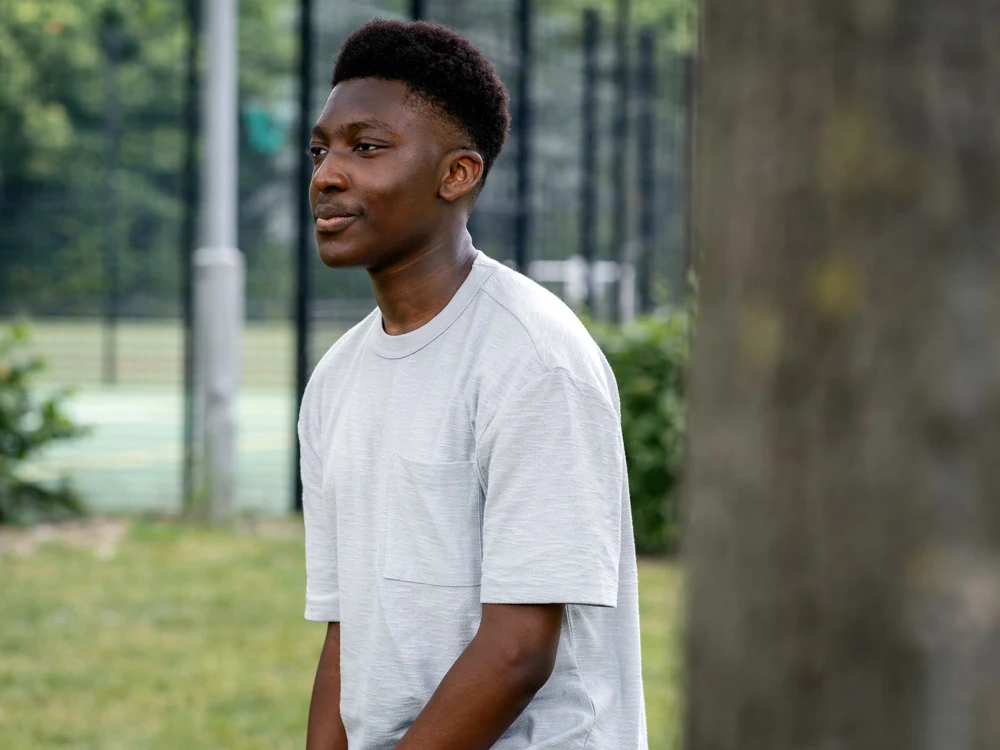Neurodivergence is a broad term that describes people whose brains work and process information differently from what is considered ‘typical’.
This may include differences in learning, social preferences, communication, and perception of their environment. Some examples of neurodivergence are Autism Spectrum Disorder (ASD), Attention Deficit Hyperactivity Disorder (ADHD), Dyslexia, Dyscalculia, Dyspraxia, and Tourette’s Syndrome.
While each individual with these conditions will have some shared core symptoms, they will still have widely unique experiences and needs. Therefore, having a good balance between choice and structure can help to make sure that neurodivergent people are accommodated and supported adequately.
Accessing services can be a challenge for neurodivergent people
Neurodivergent people exist in a world that is, on the whole, designed for neurotypical people, and with this comes potential extra barriers and challenges when accessing services.






